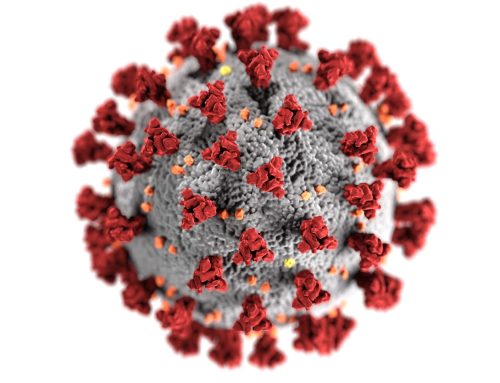“Gut health” is the balance and function of the bacteria in your gastrointestinal tract. The gastrointestinal tract includes your mouth, esophagus, small intestine, stomach, pancreas, liver, colon, gallbladder, and rectum. There are trillions of bacteria in your gut, good and bad, that are imperative to not only your digestion but your overall health. In the past 20 years, more and more studies are being done on the gut to uncover more about gut health. So far, gut health has been linked to the immune system, mental health, mood, and much more. Unfortunately, more than 70 million people struggle with some sort of digestive disease. Symptoms can include bloating, nausea, bloating, cramping, and more. Unhealthy gut health can also show up in places other than the gut, including migraines, insomnia, or even anxiety and depression.
4 Things You Can Do to Improve Your Gut Health
1. Drink Water
Sometimes it feels like the answer to everything is “drink more water,” but that’s because water is crucial to your overall health. Your gut is no different. Water helps aid in digestion by breaking down foods so your body can take in the nutrients.
2. Get more sleep
As more and more studies are done on gut health, specialists learn that sleep and gut health are connected. If you aren’t sleeping enough, it can affect your gut health and how your digestive system functions. On the other hand, if you have poor gut health, it can affect your sleep. Lack of sleep can also raise your stress levels, which poorly affects your overall health and gut health. Consistency is key. Try to sleep the same amount of hours each night, so your body has a schedule.
3. Check for food intolerances
Many people live in pain because they are intolerant to certain foods and don’t know it. If you’re experiencing abdominal pain, cramping, bloating, nausea, or acid reflux, you may have a food intolerance. Try removing some foods or groups of food from your diet to see if your symptoms improve. Foods with dairy and gluten in them are some of the most common trigger foods. Once your symptoms improve, slowly try different things to try to nail down exactly which foods are causing your symptoms.
4. Eat slower
Eating slowly gives your body time to digest your food while you are eating. Digestion actually starts with chewing, so chewing your food thoroughly helps the body digest it. It also takes a few minutes for your body to register that it is full, so if you eat too fast you end up overeating which is not good for your gut health. If you are experiencing ongoing digestion problems, it’s good to see your doctor.
Gastroenterology is one of our specialties here at JCMC. Reach out today!







